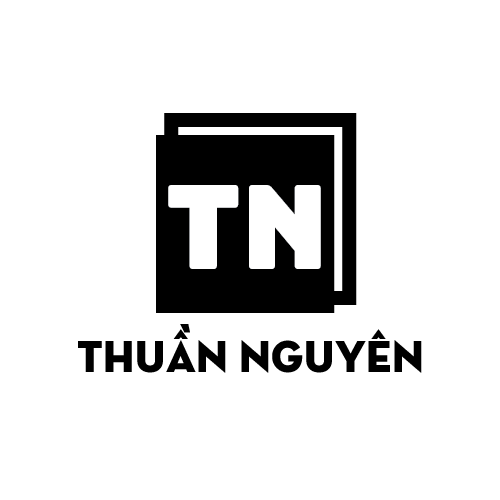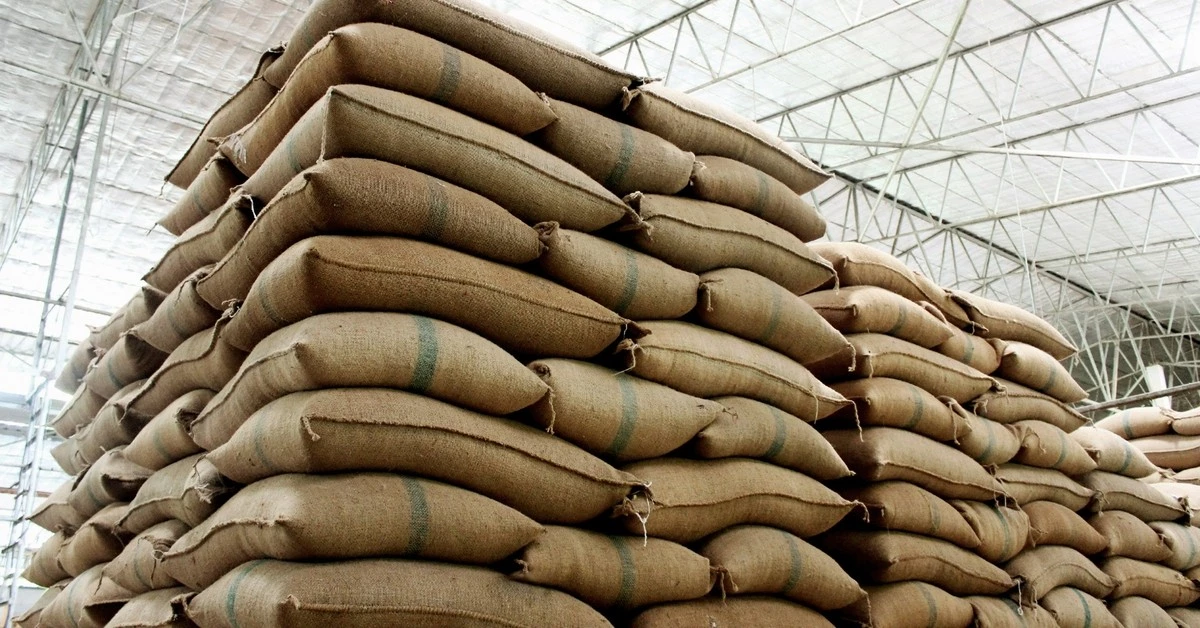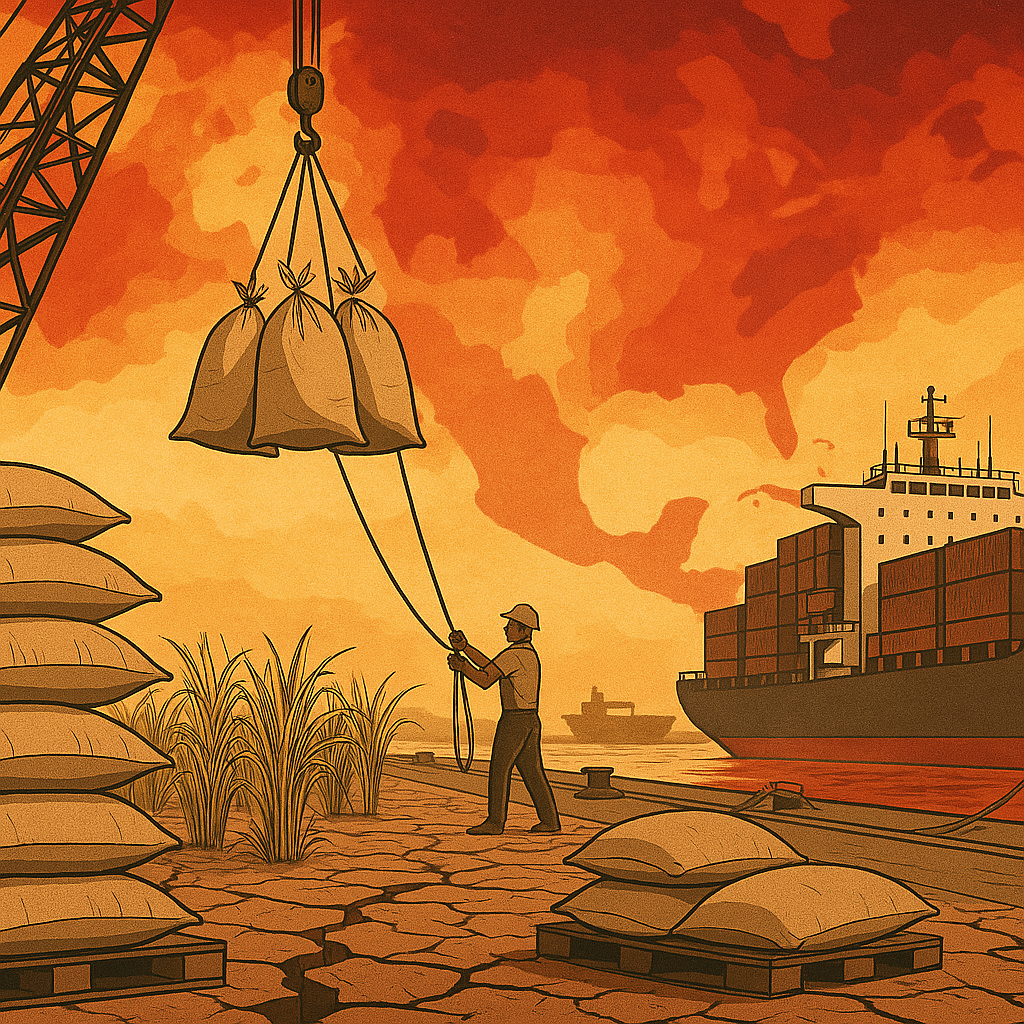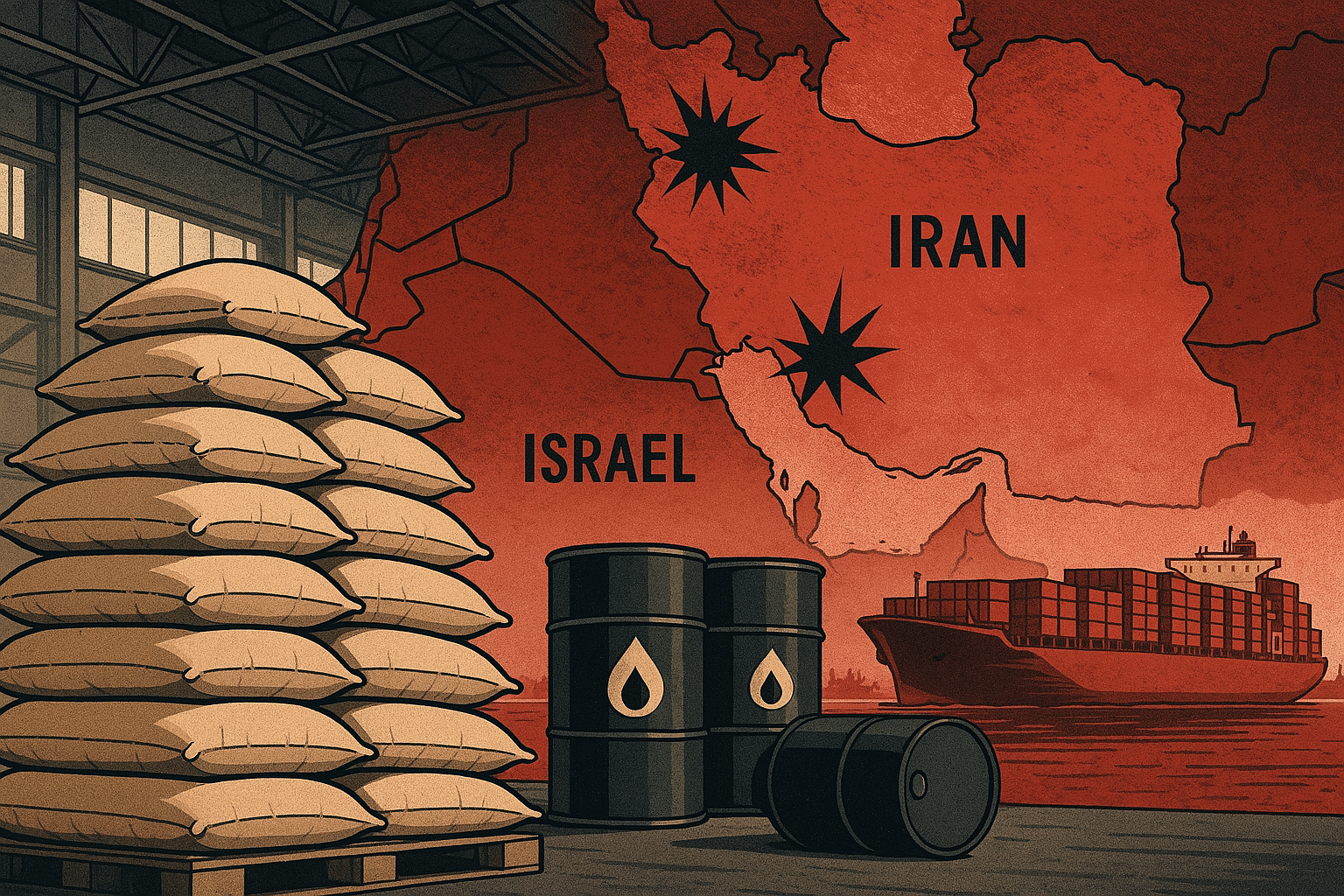As global geopolitics grow more volatile, the international food supply chain—especially rice—is facing unprecedented disruption. Two of the world’s most critical maritime routes, the Red Sea and the Black Sea, are being choked by military conflict, causing shipping costs to surge and forcing buyers to rethink their entire procurement strategy.
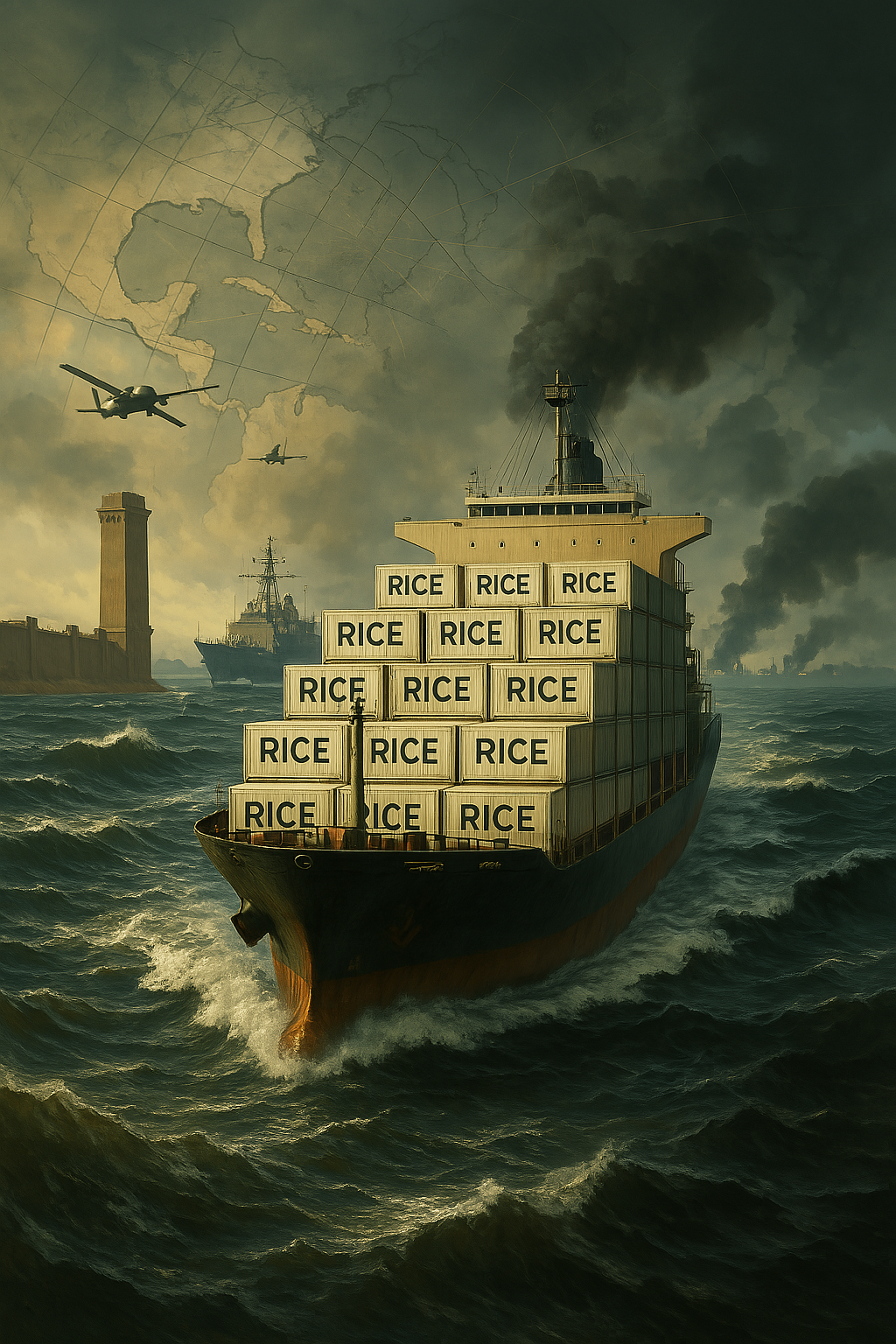
Red Sea: A New Chokepoint for Global Logistics
Since tensions escalated between Houthi forces in Yemen and Western naval coalitions, the Bab el-Mandeb Strait and Suez Canal—which together handle about 12% of global trade volume—have become high-risk zones. Hundreds of cargo vessels, including rice carriers from Asia bound for Europe and the Middle East, have been rerouted around the Cape of Good Hope, adding 10–14 days of travel and doubling or even tripling shipping costs.
Black Sea: Grain Diplomacy in a Warzone
Further north, the ongoing Russia-Ukraine conflict continues to destabilize Black Sea logistics. Once a key gateway for rice shipments from Central Asia and India (and occasionally Vietnam via transshipment), ports like Odessa and Sevastopol now operate erratically. International shipping companies are increasingly reluctant to send vessels into the area, leading to a severe shortage of available ships and containers.
A Double Shock to the Global Rice Market
Disruptions in both seas have created a logistical bottleneck. For a commodity like rice—essential but low-margin—the impact is severe. Delays, insurance hikes, and volatile freight rates are pushing rice export prices up by 20–30% in just a matter of weeks.
As a result, buyers from the F&B sector, food distributors, and supermarket chains across Europe, the Middle East, and Africa are shifting sourcing strategies. Vietnam, with its geographic advantage and increasingly sophisticated supply chain, is now seen as a stable, long-term rice exporter.
The Smart Move: Fix Your Price, Secure Your Supply
In Vietnam, forward-thinking exporters like Rice Export Thuan Nguyen have started offering 3-year fixed-price contracts for key distribution partners—especially those in conflict-affected regions. This strategy gives buyers price predictability, guaranteed shipment timelines, and a hedge against future supply shocks.
Pre-ordering and fixing rice prices today is no longer a speculative move—it’s a logistics insurance policy.
Food is No Longer Just a Commodity—It’s a Strategic Asset
With no clear end in sight to the conflicts in the Middle East or Eastern Europe, rice is quietly becoming a geopolitical asset. For distributors and food system operators, this is not the time to wait for lower prices. It’s time to secure stable, transparent, and long-term supply relationships.
Rice Export Thuan Nguyen, with its reliable farming network, in-house milling capabilities, and flexible global pricing policies, is emerging as a quiet but strategic player in the global rice map.
